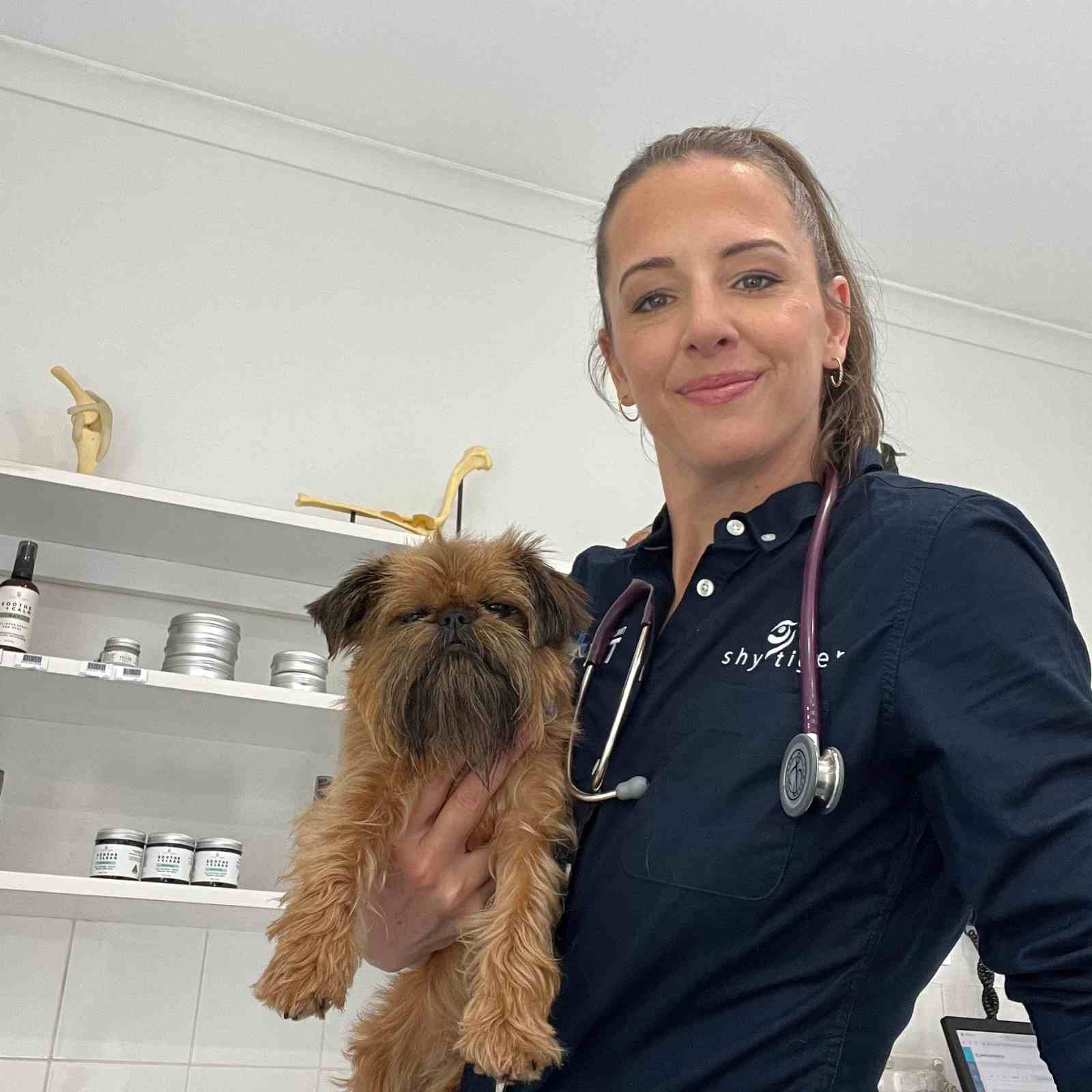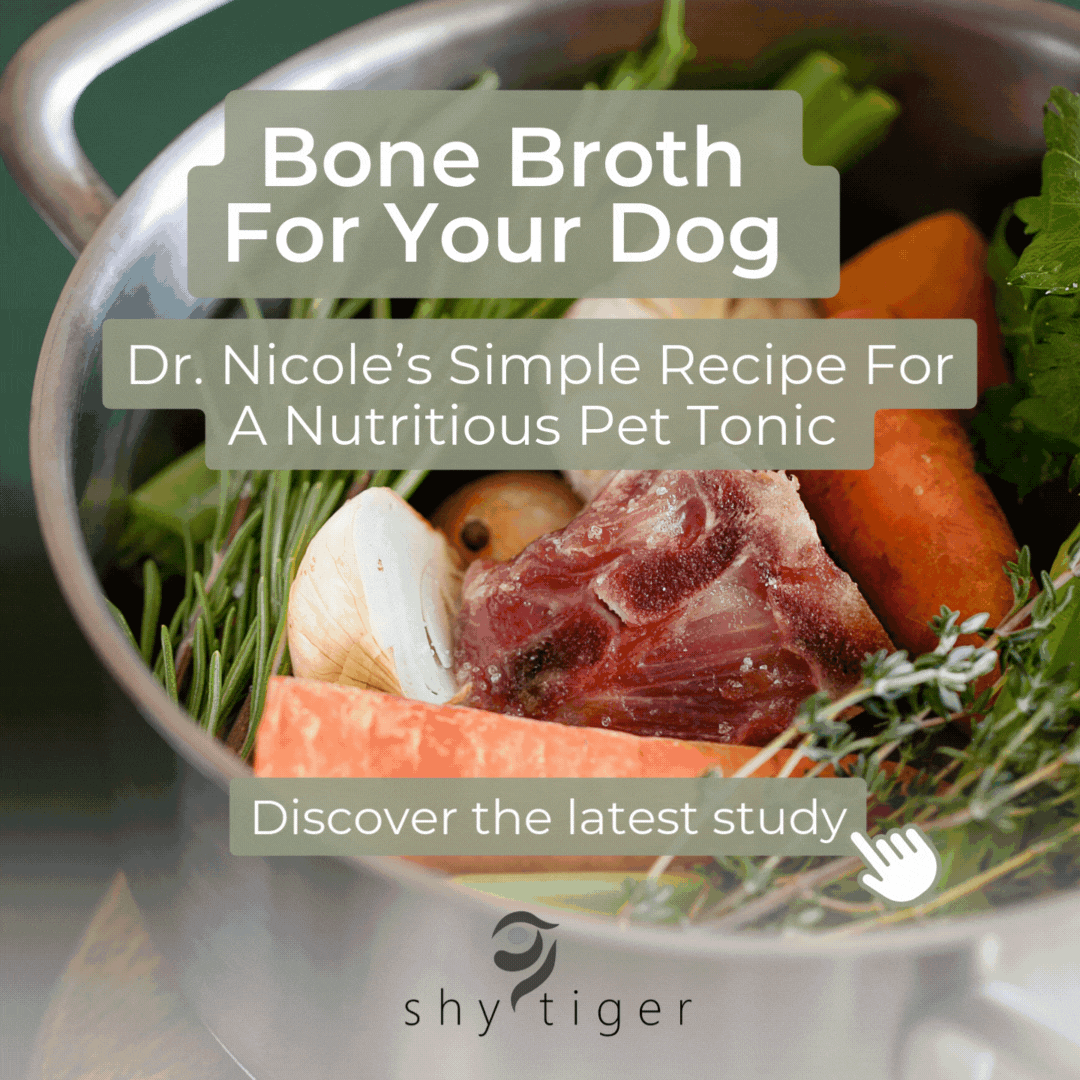Vaccinations, flea, ticks, gut and heartworm prevention.

You get a new puppy or adult dog and you start looking in to all the things you ‘need’ to do as a responsible dog owner. No doubt all dog owners have had a chat with their veterinarian, possibly their dog breeder or adoption centre, pet store, their friends and also had a google after they get a new dog… what do I need to do for vaccinations, fleas and worm prevention? And are there any natural alternatives such as natural dog flea treatment? I chat to clients everyday about this, it can be so overwhelming!
Firstly, vaccinations. All puppies receive a vaccination (and microchip!) before they’re sent to their new homes. You should receive a certificate and paperwork from wherever you purchased your dog that specifies:
- Microchip number and paperwork to transfer ownership to your name. It is your responsibility as the new owner to submit this paperwork and have the details up to date
- Vaccination type and date including signatures. It should also include when their next vaccination is due. This is important to take to your veterinarian. If it doesn’t make sense pop in to your veterinary clinic and show them the paperwork and they will advise when to book your appointment – we’re always happy to help!
- Worming All puppies would have received a gut wormer prior. It is important to find out the date and the product used.
- Any previous flea, tick or heartworm Whilst uncommon to give at a young age (most products aren’t licensed <8 weeks) it is still important to note if any has been used and especially important if you’re adopting an adult dog. If adopting an adult dog from a shelter particularly find out if it has had a heartworm test as this may save you repeating it at your own vet.
- Current and previous diet. Whilst you may have already decided what you want to feed your dog it is important to not change their diet suddenly. You will need to get some of the same food they have been fed and either continue it or slowly move towards your new diet over two weeks.
Coming to your first vet appointment armed with this information is so helpful to veterinarians! I also highly recommend booking a ‘new pet check’ with your veterinary clinic within 1-2 days of getting your new pup/dog to make sure there’s no issues you need to get in contact with the breeder/adoption centre. It can save a lot of heartache down the track.
Are there any natural alternatives to vaccinations?
If you’re not desiring following routine vaccination protocols it is possible to get your dog ‘titre’ tested. Basically, this is a blood test to assess the immune response your dog has mounted to the diseases that are in the vaccination – i.e. has the previous vaccination worked and has my dog got an adequate immune response. Your vet can run these tests and draw the blood sample during a consultation.
Are there any natural alternatives to flea, heartworm and worming?
Gut worm prevention
Unfortunately, there are no well proven scientific studies for natural alternatives. It is possible to do regular ‘faecal floats’ at your veterinarian which basically assesses if there’s any worm eggs in the stools and if any are found you can use a wormer otherwise no treatment is given. There’s also plenty of research in to formulating a natural wormer so no doubt we will see this change in the near future. Some natural alternatives that I have heard of include essential oils, magnesium, diatomaceous earth, pumpkin seeds with coconut oil… the list goes on. I look forward to the day we have a natural solution.
Fleas and ticks
Flea and tick treatment– natural alternatives usually involve a spray of essential oils, often including rose geranium as there’s some studies demonstrating its effectiveness as a natural dog flea treatment. However, they need to be used multiple times per day. If you live in an area where dangerous tick can be found (paralysis tick in Australia – if unsure ask your veterinarian) then I wouldn’t even attempt trying a natural alternative unfortunately, the disease is so serious and the drug companies have spent millions creating effective products.
Heartworm, like ticks, doesn’t have a well proven natural alternative. It is transmitted by mosquitos and the current common preventative is monthly chews/tablets or annual injections (with vaccinations). If you’re likely to be forgetful (like me!) then the annual injection is generally the easiest option as it’s done and you don’t have to worry. There’s no faecal floats like gut worming to monitor for disease, however, if you don’t want to use a preventative you could elect to do regular blood tests to check if there’s any sign of infection as the clinical signs you would see at home don’t show until the disease has progressed. Chat to your veterinarian if this strategy interests you.




Leave a comment